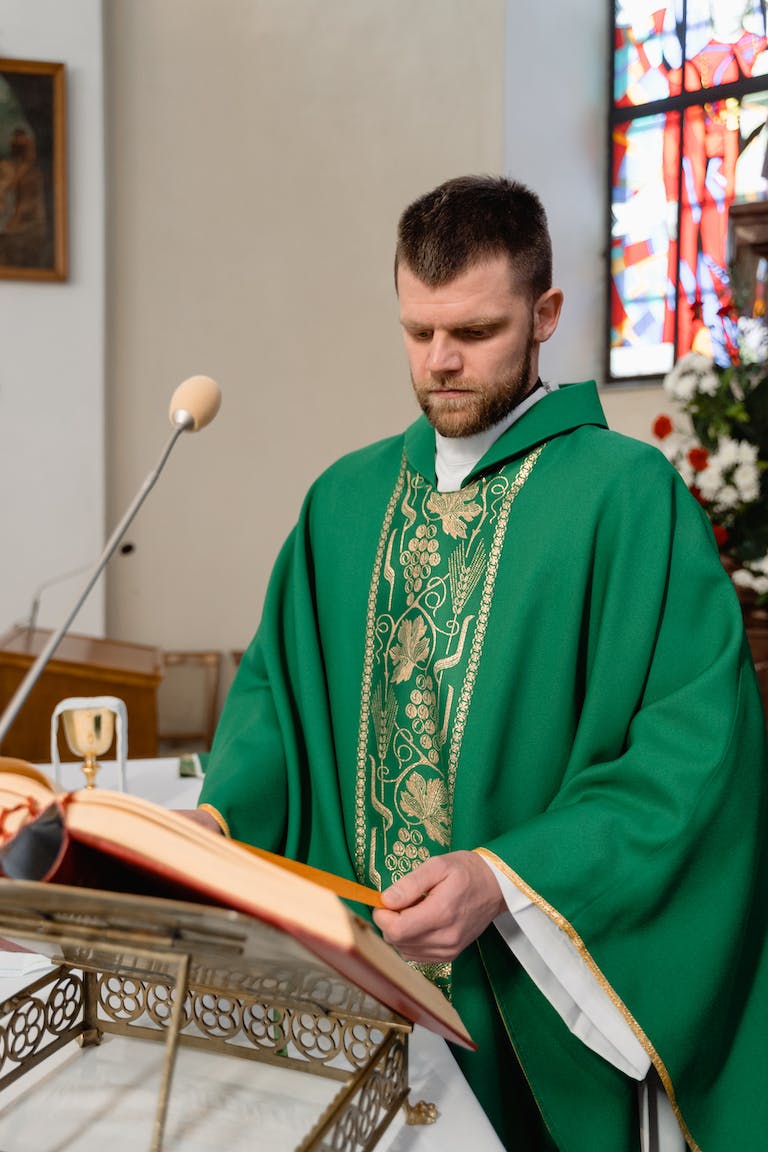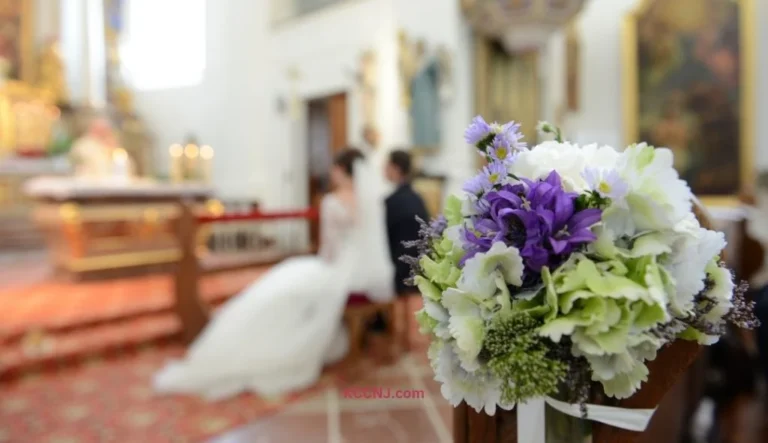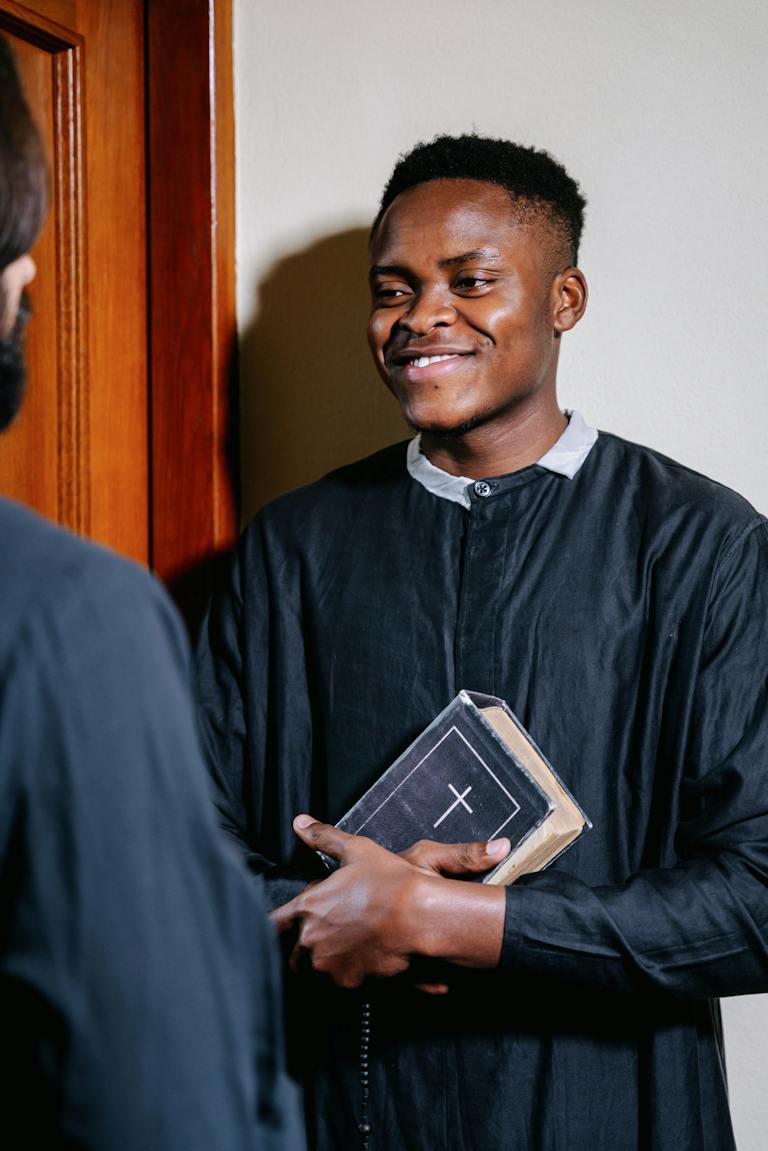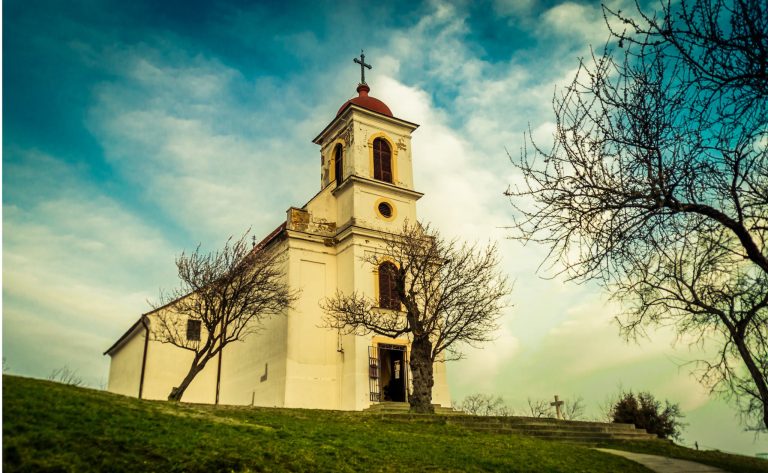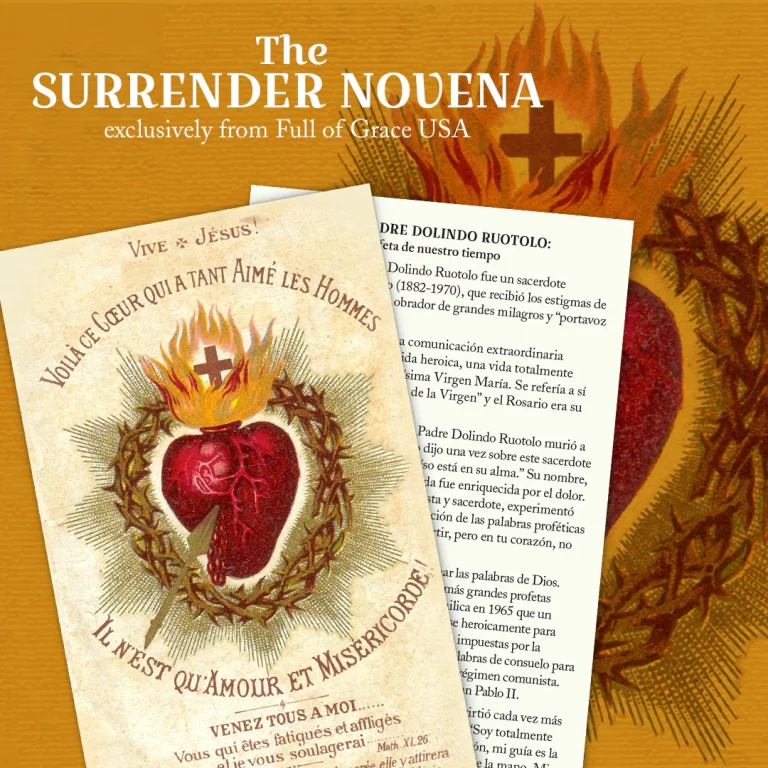Catholic priest Hilarion Heagy: Complete Story
The news recently broke that Father Hilarion Heagy, a prominent Eastern Christian priest based in California, has converted to Islam after renouncing Christianity.
As a pastor, my heart grieves anytime someone leaves the Christian faith. However, as I learned more about Father Heagy’s spiritual journey over the past 20 years, I also felt a sense of empathy and understanding. Conversions can be complex, deeply personal affairs, and we would do well to approach them with compassion.
In this blog post, I hope to provide some background on Father Heagy, share my personal reflections on his conversion, and offer guidance to Christians processing similar journeys. My prayer is that these words may promote thoughtful discussion around an issue that touches many spiritual lives.
Who was Father Hilarion Heagy?
By all accounts, Father Heagy was a deeply devout and respected Christian leader. He began his religious life as a Russian Orthodox monk before converting to the Antiochian Orthodox Church around 2003. In 2017, he joined the Eastern Catholic Church, graduating from St. Nazianz’s Holy Resurrection Monastery and becoming a Byzantine Catholic priest-monk.
Father Heagy was known for his kindness, holiness, and exceptional patience. His gentle spirit reportedly touched many lives over his years in ministry. However, he also struggled internally with doubts about Christianity that began roughly 20 years ago. Only recently did he publicly share his conversion to Islam, taking the name Said Abdul Latif.
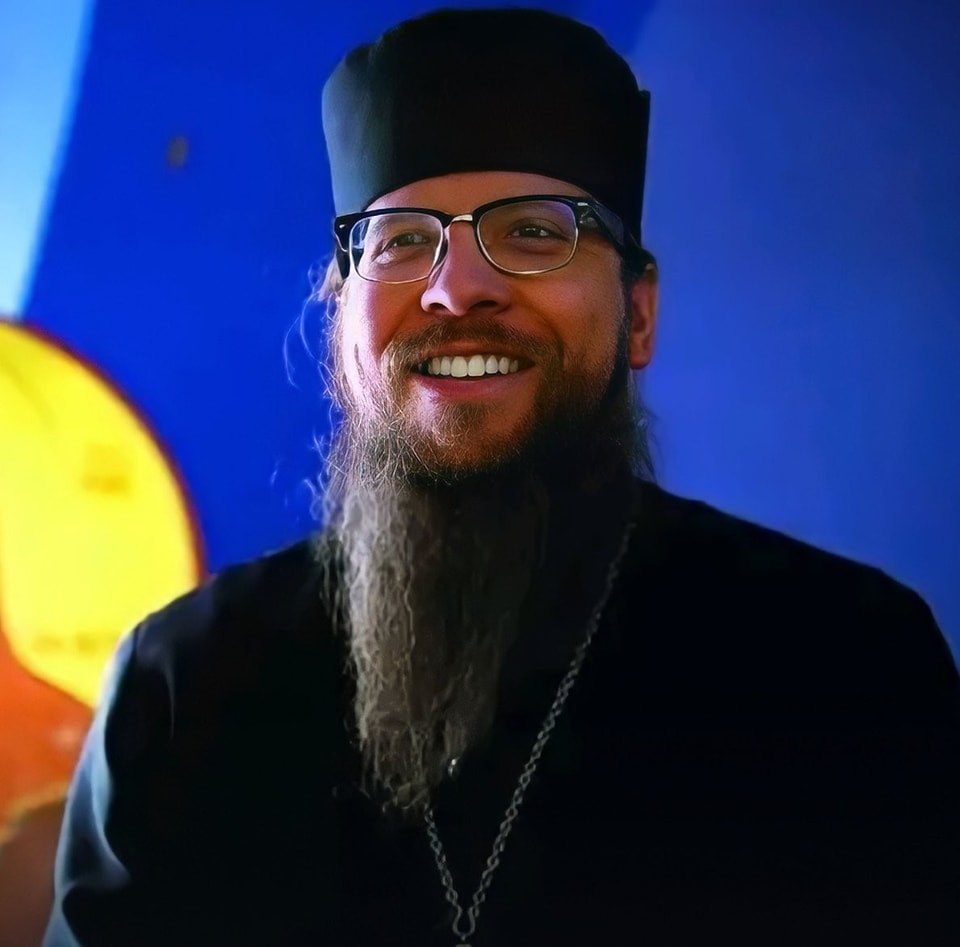
My Initial Reactions to the News
I must confess, when I first heard that Father Heagy had left Christianity for Islam, I experienced a spectrum of emotions. Surprise, confusion, sadness – even anger. How could someone give up eternal truths for temporal lies? Had he lost his moral compass? Was he deceived? Did he value social acceptance over sound doctrine?
My instinct was to judge rather than understand. But the more I reflected, the more I realized reactionary judgments seldom resemble Jesus’s response to spiritual struggle. Didn’t Christ approach sinners and outsiders with open arms rather than clenched fists? Weren’t patience, empathy and compassion hallmarks of his ministry?
I began to shift my perspective. Perhaps there were complex dynamics behind Father Heagy’s conversion that I couldn’t fully grasp. Maybe he deserved thoughtful engagement more than knee-jerk criticism. What if I responded in a spirit of grace and tried viewing it as the painful decision of a brother in crisis?
The Journey of Spiritual Change
The truth is, profound spiritual changes seldom happen overnight. For Father Heagy, the seeds of his conversion were planted over 20 years ago. In a blog post, he described it as a “homecoming” or “reversion” to Islam stemming from childhood. He pointed to Quranic verses suggesting all people intuitively recognized Allah at birth.
Over two decades, he apparently wrestled with doubts about Christianity and a growing appreciation for Islam. But fear of consequences kept him from publicly converting. Only recently did he find the courage to profess Islam openly.
Father Heagy’s testimony echoes patterns I’ve seen in other spiritual journeys. Crisis and questioning often precede change. Emotional barriers like fear of rejection create pressure cookers. And when the dam finally breaks, rapid transformation can follow.
For critics, thisvalidates that Father Heagy’s faith was built on sand. But I think the truth is more complex. Seasons of doubt and change need not invalidate past beliefs. They may simply indicate God is reorienting the direction of someone’s spiritual journey.
My Encouragement for Questioners
When learning of cases like Father Heagy’s, I worry other questioners may feel pressure to wholly abandon their faith. My encouragement is to give yourself space for uncertainty. Changing theological paradigms need not necessitate leaving Christianity or religion altogether.
Mother Teresa comes to mind, whom some people consider to be a symbol of unwavering faith. Yet we now know she endured decades of internal darkness, desperate to sense Christ’s presence. Though heartbreaking, her crisis didn’t diminish her spiritual influence. Rather, it drew her into deeper intimacy with God.
In my view, seasons of disorientation or doubt need not signal the death of faith. They may be invitations to rediscover God in fresh, unpredictable ways. I urge questioners to extend grace to themselves, allowing their spiritual trajectories to unfold organically. Resist pressure towards rash decisions and remain open to unexpected turns God’s guidance may take.
Processing Painful Spiritual Journeys
When believers make radically divergent spiritual choices, Christians naturally experience forms of grief. Father Heagy’s conversion is no exception. Losing a leader of his influence and character leaves an unmistakable void.
I believe grieving is appropriate and even necessary. But we must resist weaponizing pain into criticism. Deconversion stories often get commandeered to attack rival belief systems, elevating “us vs. them” hostility. This only deepens cultural and religious divides, erecting barriers to mutual understanding.
Alternatively, we can acknowledge the painful choices individuals make while clinging to hope. If God could turn the apostle Paul from Christian persecutor to missionary, he can shine light into the spiritual pathways of all truth-seekers. No case is ever closed in God’s economy.
We also must guard against painting entire religious groups with broad brushes based on isolated cases. Just as the shortcoming of one Christian need not invalidate Christianity, neither should this deconversion story foster blanket judgments about Islam.
Finally, painful moments remind us that beyond doctrinal squabbles, our shared humanity matters most. No matter our creed, we all experience spiritual longing, disorientation and hope. Clinging to this unifying truth can help weather seasons of change.
Concluding Thoughts
The news of Father Hilarion Heagy’s conversion to Islam undoubtedly carries emotional weight. As believers, we feel the palpable loss of a respected faith leader, coupled with confusion at his radically altered path. However, we can still show empathy based on God’s grace, even in the midst of grief and uncertainty.
We may not fully understand what leads someone to abandon deeply rooted beliefs for seemingly oppositional convictions. But we know spiritual journeys twist in unexpected ways. And they ultimately remain between that individual and God.
Rather than judge or divide, we can approach unconventional stories like Father Heagy’s with understanding. We can cling to hope that God remains at work no matter what the eye can see. And we can resist weaponizing pain into attacks against broad groups of fellow humans, no matter our differences. This honors both our shared dignity and the possibility of restored relationship through God’s redemptive power.
My parting encouragement is this: be slow to criticize but quick to listen, empathize and find common ground. The universally relatable parts of our stories hold light that can lead questioners home, wherever that home may be.

